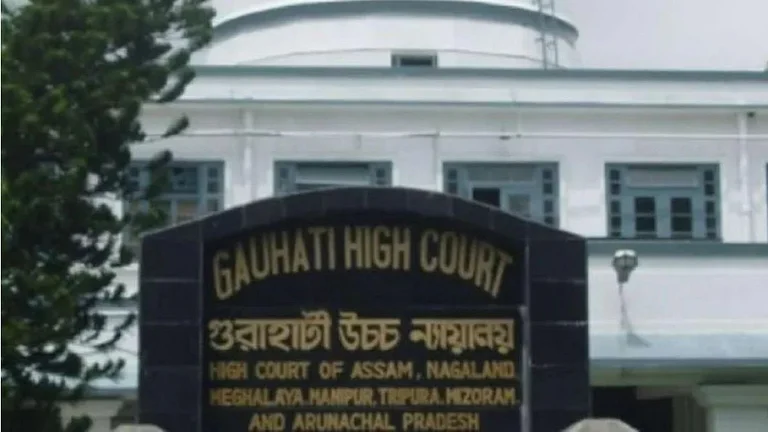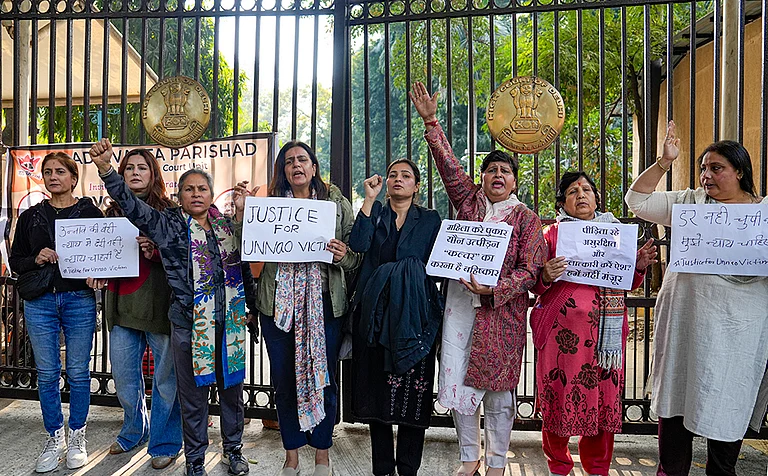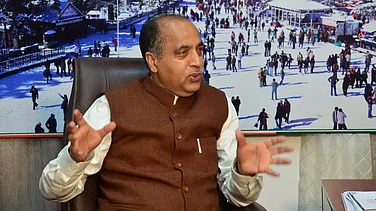
The Supreme Court Court cancelled the bail granted to former DHFL promoter Dheeraj Wadhawan
The bench asked him to surrender within two weeks
The Supreme Court Court on Tuesday cancelled the bail granted to former DHFL promoter Dheeraj Wadhawan in multi-crore bank loan scam case after a report was filed by the medical board, PTI reported. The Delhi High court had earlier granted him bail on September 9, 2024 citing medical grounds.
CBI had filed an appeal against the High Court’s order which stated that Wadhawan fell within the parameters of a "sick person”. Additional Solicitor General S V Raju, representing the agency asserted that the accused did not suffer from any medical problems and a large amount of money was siphoned in the case.
The bench comprising Justices Sanjay Kumar and Satish Chandra Sharma cancelled the bail and directed Wadhawan to surrender within two weeks.
Dheeraj and his brother Kapil were arrested in the scam in July 2022 following a complaint from the Union Bank of India. The bank alleged that DHFL, a housing finance company, entered into a criminal conspiracy to cheat the consortium of 17 banks led by the Union Bank of India. The bank claimed that the accused led the consortium to sanction loans worth Rs 42,871.42 crore.
The CBI filed its chargesheet in October 2022 and said that a huge chunk of this amount was siphoned off and a dishonest repayment of loans to the consortium was also established.
The Delhi High Court on Monday denied bail to his brother Kapil stating that his conduct during custody was "not beyond reproach".
"It is noteworthy that the conduct of the applicant during custody has not been beyond reproach. The allegations regarding manipulation of valuable assets and transactions carried out during judicial custody are grave and suggest that the applicant continues to exercise significant control and influence," the order said.


















.png?w=200&auto=format%2Ccompress&fit=max)







